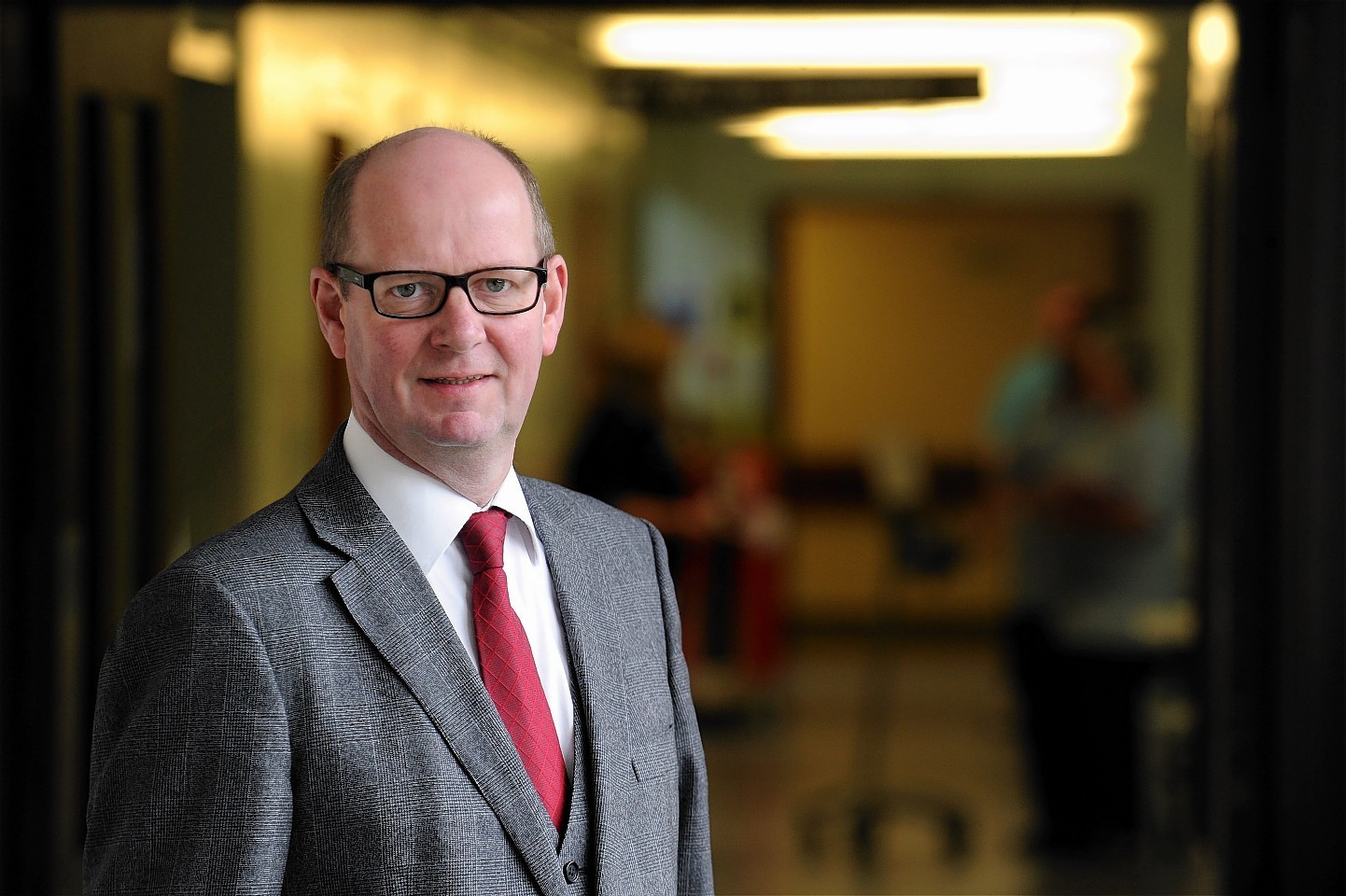A powerful watchdog body has delivered a damning verdict on the poor financial management at NHS Highland which forced it to borrow £2.5million from the Scottish Government.
The country’s chief auditor also warned significant budget pressures meant the health board’s precarious position would persist for the next five years as public sector spending was squeezed.
Last night, medical chiefs tried to reassure the public that care would not be compromised.
NHS Highland chairman, Garry Coutts, said that the report was being taken “extremely seriously”.
But Caroline Gardner, the Auditor General for Scotland, said she criticised the board for continually forecasting it would balance the books despite financial reports about significant overspends.
Ms Gardner also said that reports to the board of NHS Highland had “no sufficiently detailed plans to bridge the gap”.
She added that while chief executive Elaine Mead and finance director Nick Kenton discussed the situation with the Scottish Government in December last year, the possibility that the board may not break even was not raised.
NHS Highland asked for a £2.5million loan just two months later, though this was not made public until March.
Weaknesses in budgetary control at flagship Raigmore Hospital in Inverness – which had a £9.7million overspend in 2013-14 – was also a main contributory factor to NHS Highland’s failure to break even without help.
Spending on locum doctors and agency staff to fill vacancies nearly doubled in a year, from £5.3million in 2012-13 to £9.6million in 2013-14.
The board has consistently found it difficult to recruit staff to the north, particularly in remote and rural areas.
Ms Gardner also raised concerns that the board was relying on non-recurrent savings and said the financial position would “remain challenging for the next five years”.
She said: “NHS Highland faces significant pressures arising from increasing demand as a result of demographic change, the number of people with long-term health conditions and people’s rising expectations of healthcare; and costs pressures associated with medicine and other health technologies.”
Ms Gardner’s report is now expected to be discussed by the Scottish Parliament’s public audit committee.
Mr Coutts said that finances were scrutinised throughout the year by various committees.
But he did accept that the board should have been told about the brokerage sooner.
Mr Coutts added: “The report is right to point out that we recognise the significant challenges we face in identifying and delivering savings.”
He added: “But I wish to assure the people we serve that we will do so without compromising on the quality of the services we provide and on patient care. We are determined to continue to do better and to continue to improve our services within the resources made available to us.”
On their reliance on non-recurrent savings, Mr Coutts said that there was a range of work going on, including reducing spending on drugs and locums.
Last night Highlands Labour MSP Rhoda Grant said the problems needed to be “addressed urgently”.
She added: “This may only get worse until we face up to the challenges of our demographic. We need to find a way of delivering complex services in the community.”
Aird and Loch Ness councillor Margaret Davidson said that Ms Gardner had found the “chronic issue” with NHS Highland.
She added: “The problems are now starting to bite. The board has hardly invested in any services in the community over the past two years, and now we are in a perfect storm.”
